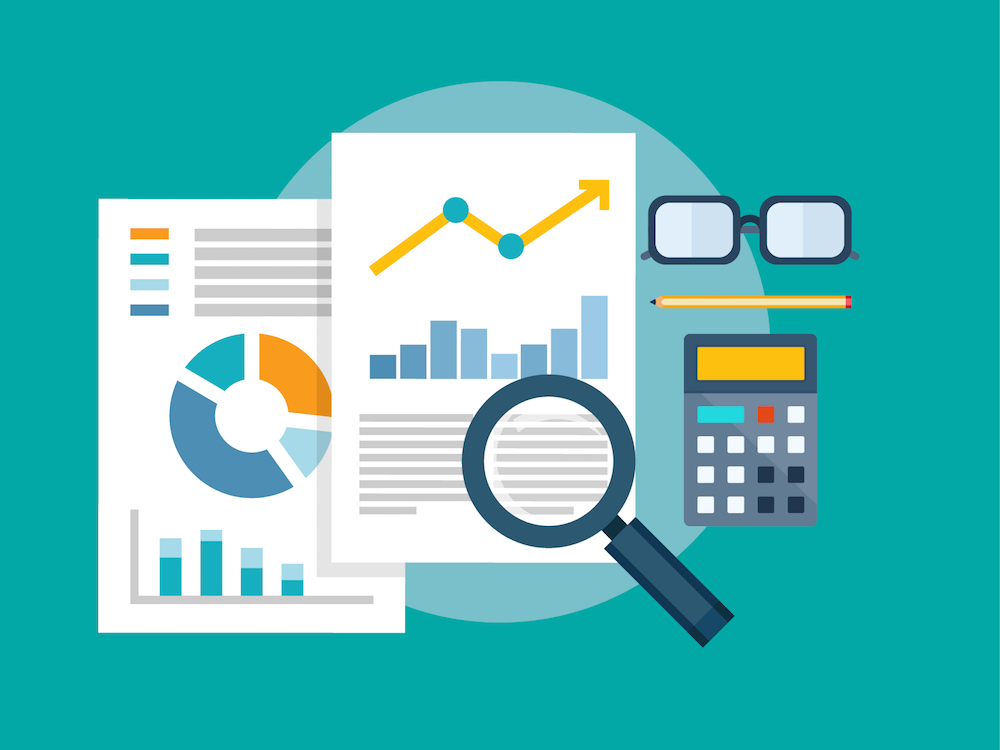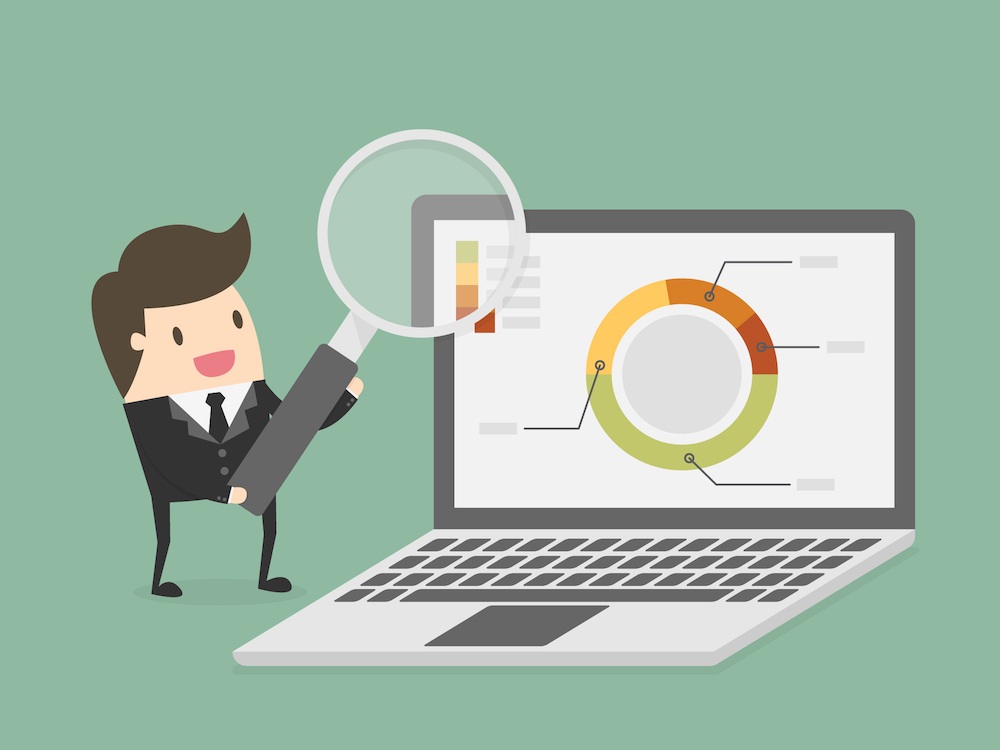
Harvard Business Review recently dubbed data scientist the “sexiest job of the 21st Century” for its growing importance in relation to big data. But what exactly is a data scientist, what do they do, and why does it matter for your business?
In the simplest terms, data scientists analyze big data to determine the best applications for it. Their role is similar to that of a Chief Data Officer, but how they gather and analyze that data differs greatly.
While a CDO often focuses on the “big picture” of data – internal data policies, procedures, standards and guidelines, and so on – a data scientist (or Chief Data Scientist) deals specifically with unstructured data on a massive scale, and uses statistics and mathematics to find practical applications for it.
Though the role of data scientist, and data science in general, is necessary for businesses looking to understand the complexities of big data and gain an edge over their competitors, not every business can afford to hire one.
But even if you’re not ready to onboard a data scientist, that doesn’t mean you can’t reap the benefits of data science. Almost any company can take advantage of data science to boost the power of data for their business.
Here’s what you need to know.

What Is Data Science?
It’s important to understand that data science and big data are not the same thing.
“Big Data” is a buzzword that many companies are starting to use, but it’s an umbrella term for many different types of data and applications for it. While data science falls under that umbrella, it has its own purpose.
Big Data is any data that can be analyzed for insights and that can help businesses make better decisions. It can include unstructured, structured, internal or external data, or any combination thereof. It’s essentially an umbrella term for all the data a company uses to make strategic moves.
Data science, on the other hand, comprises the processes related to cleansing, preparing and analyzing that data. It gives value to Big Data, allowing organizations to take noisy or irrelevant information and turn it into something relevant and useful.
Think of Big Data as a proverbial haystack in which you’re searching for a needle. Even if you know what needle you’re looking for (what value you want from the data), you still have to sort through a pile of irrelevant information to get it.
Data science is the machine that can sort through the hay to find the needle. In fact, it not only helps you find the needle, it turns all the hay into needles. It can tell you what value all the needles have so you know that you’re using the right one.
This makes data science essential for any business looking to actually use the data they gather. But how do you incorporate it into your business, exactly? What if you don’t have a data scientist to help?
How to Leverage Data Science
Typically, a data scientist’s job is to collect large amounts of data and put it into a more usable format. They look for patterns, spot trends that can help a business’s bottom line, and then communicate those patterns and trends to both the IT department and C-Level management.
One of the biggest tools that data scientists use to do all of this is web scraping.
They will use web scraping (or web crawler) programs – often built from scratch – to extract unstructured data from websites, and then manually structure it so it can be stored and analyzed for various purposes.
This process is often extremely time-consuming, however, and requires a deep knowledge of programming languages along with that of machine learning, mathematics and statistics in order to draw out the right results. And that’s usually why companies hire data scientists: they need a dedicated person to do the heavy lifting.
But you don’t necessarily have to hire a data scientist to get similar results.
Many companies that don’t have the resources or ability to hire a full-blown data scientist are taking advantage of web scraping tools (like us) to sort and analyze that data themselves.
This means that almost anyone within an organization (especially those with programming knowledge or an understanding of data, like an IT leader or CDO) can collect and analyze data like a data scientist, even if they’re not one.

Tips for Being a “Data Scientist”
But how do you get the most value if you’re just using a web scraping tool in place of an actual data scientist? Here are a few things to keep in mind.
1. Know what data is important
Data scientists can usually tell you what data is valuable and what data is just hay in the haystack. Before you choose or build a web scraping tool, you’ll need to understand which data you actually need.
An ecommerce company looking to gather product information from their competitors, for example, may want product URLs but not URLs from a blog or miscellaneous page. Your web scraper should be able to tell the difference.
Make a list of goals that you want to achieve so you know what data can be pulled. Focus on solving problems that have real and immediate business value.
2. Make sure your data gathering is easy
If you’re not hiring a data scientist to pull and analyze your data, you may find that the process is rather time-consuming. Your web scraper should be able to pull data fairly effortlessly on your part, otherwise, it’s not much of a time saver.
You also want to make sure that it can pull data as often as you need it. Data can become stale very quickly, so scraping or crawling for new data will be an important part of the process.
3. Leverage external data
Both internal data and external data have value, but external data (user-generated data from social media, competitors, partners, etc.) can provide you with a bigger picture.
External data can give you real-time updates on industry insights, customer activity, and product trends that you may miss with internal data alone.
Again, you will have to make sure that you’re pulling the right kind of external data, however. Data scientists focus on cleansing unstructured data to make it more manageable, so your web scraper should be able to do that without much hassle on your end.
Final Thoughts
Of course, having a dedicated data scientist who really understands the math, statistics, and coding involved with data science is a huge benefit. But if that’s not possible for your business, having access to data science tools – like web scraping – will help bridge the gap.
Just be sure that the tool you choose is comprehensive enough to cover the roles that a data scientist would normally fill.
You will want to ensure that your web scraper can pull the exact data you need, as often as you need it, and that it’s cleansed (organized) in a way that you can understand. Your web scraper “data scientist” should bring as little stress to your organization as possible.
You must be logged in to post a comment.